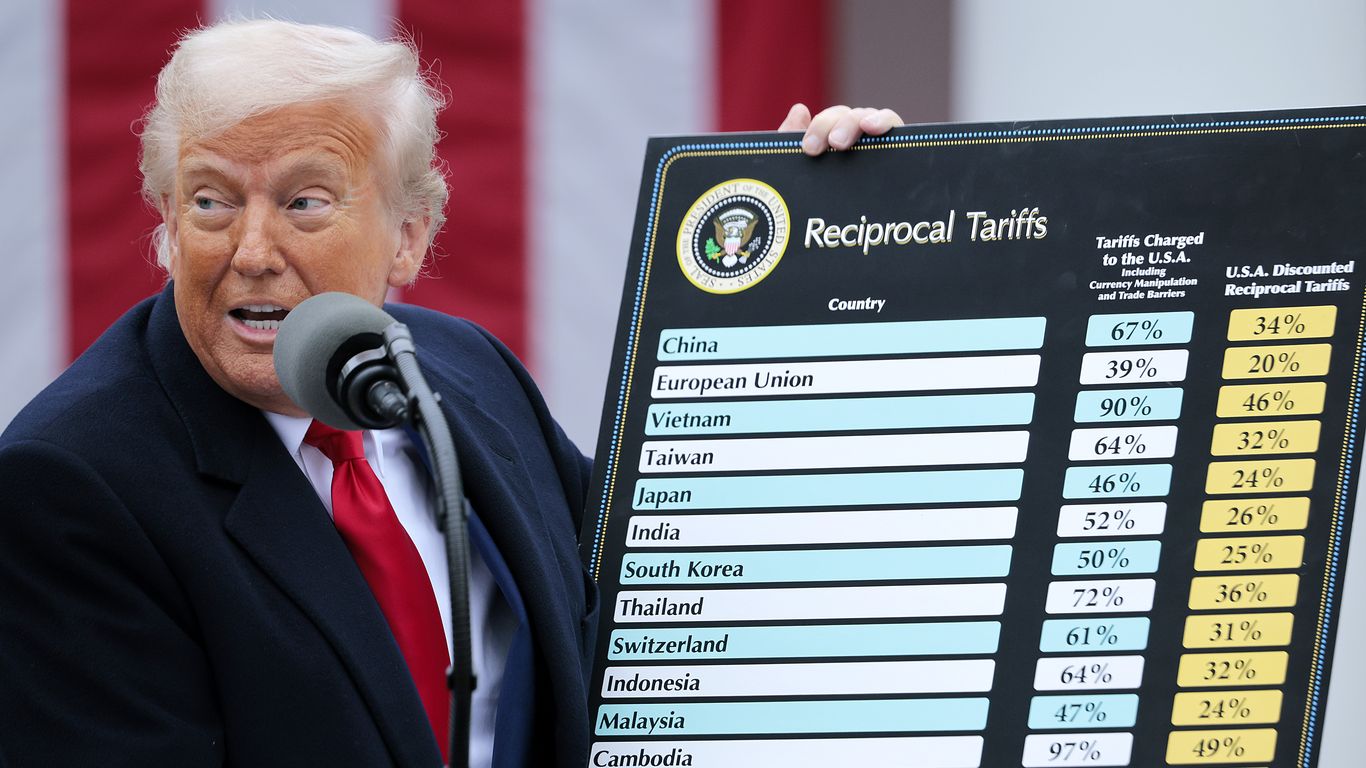
""The stakes of this casereach far beyond trade policy," Elizabeth Goitein, a senior director at the Brennan Center, a nonpartisan policy institute, wrote in a blog post. "The decision could shape whether the use of emergency powers to bypass Congress becomes a tool of routine governance." The big picture: Trump calls the suit "[t]he most important case ever." A loss could hugely curb his powers in imposing tariffs."
"Catch up quick: The lion's share of Trump's global tariffs were imposed under the International Emergency Economic Powers Act. At issue is whether the 50-year-old law, which has never before been used to impose import taxes, justifies the levies. An appellate court struck down the tariffs in August. How judges ruled then reveal the complexity of what might come next. The majority said Trump's IEEPA tariffs were illegal, but for different reasons."
The Supreme Court will determine whether the International Emergency Economic Powers Act (IEEPA) authorizes presidential imposition of global import tariffs. Most Trump-era global tariffs were implemented under IEEPA, a 50-year-old statute never previously used to levy import taxes. An appellate court struck down those tariffs in a split ruling: four judges concluded the law does not authorize tariffs, three found the specific tariffs could not be imposed under the law, and three dissented, including two Obama appointees who said IEEPA extends tariff power. A ruling against the tariffs could constrain executive authority, prompt refunds, reduce revenue, and affect trade agreements.
Read at Axios
Unable to calculate read time
Collection
[
|
...
]